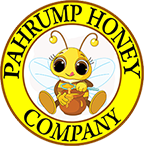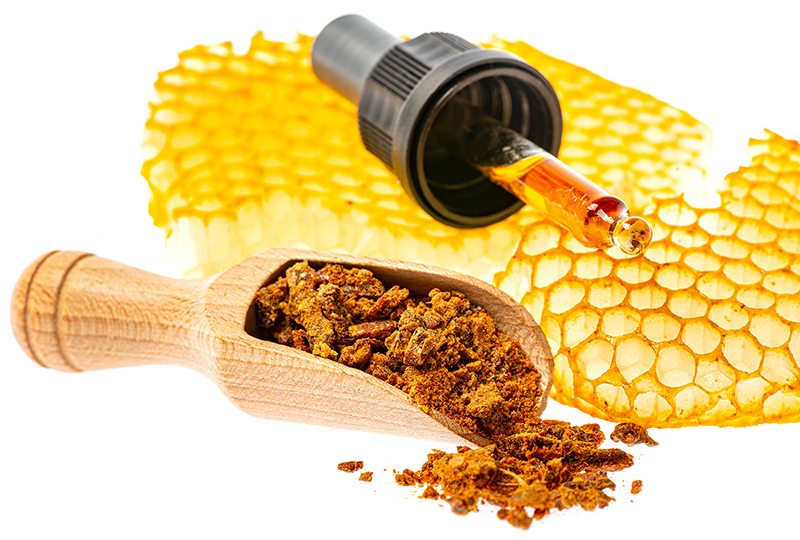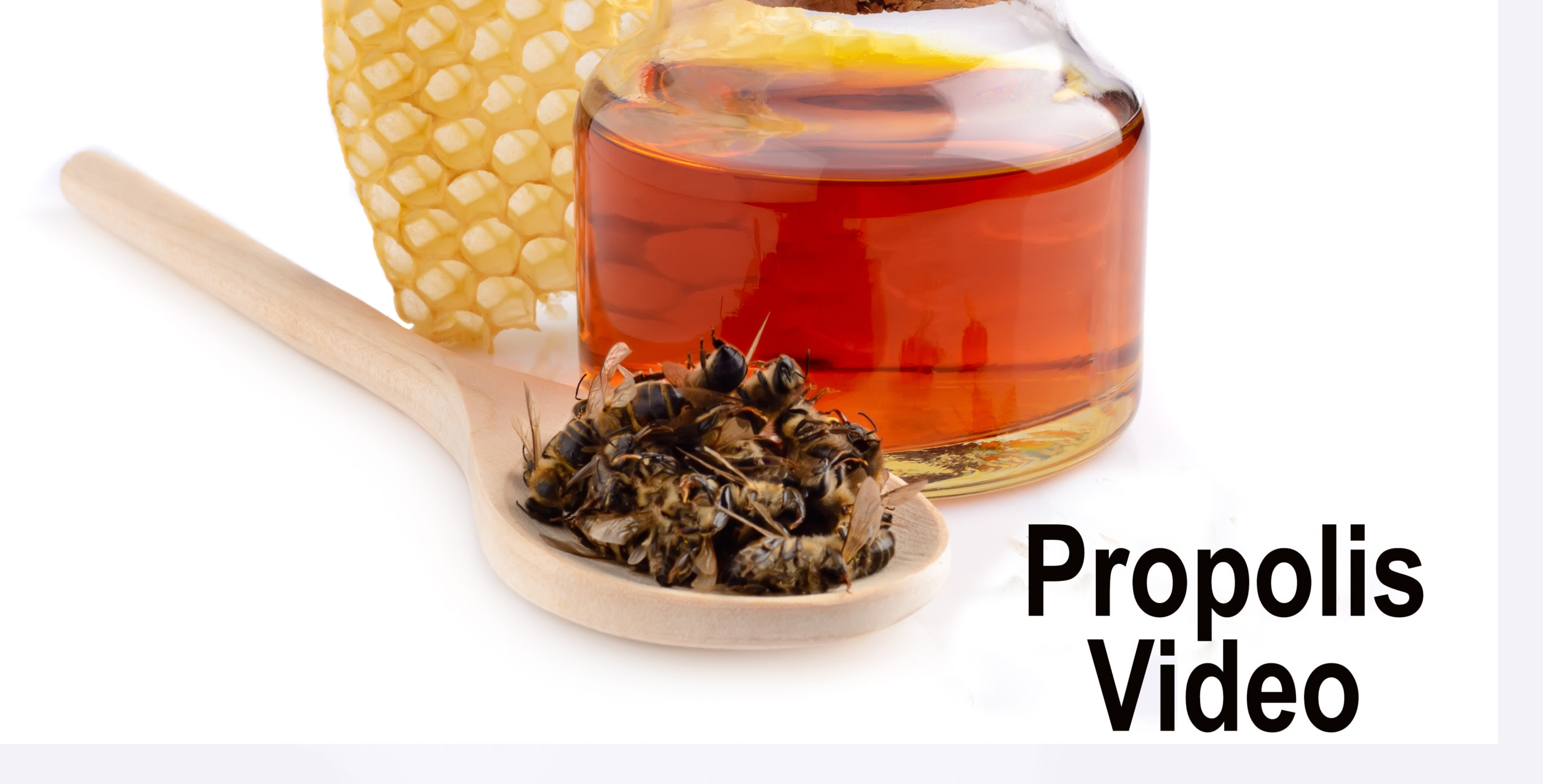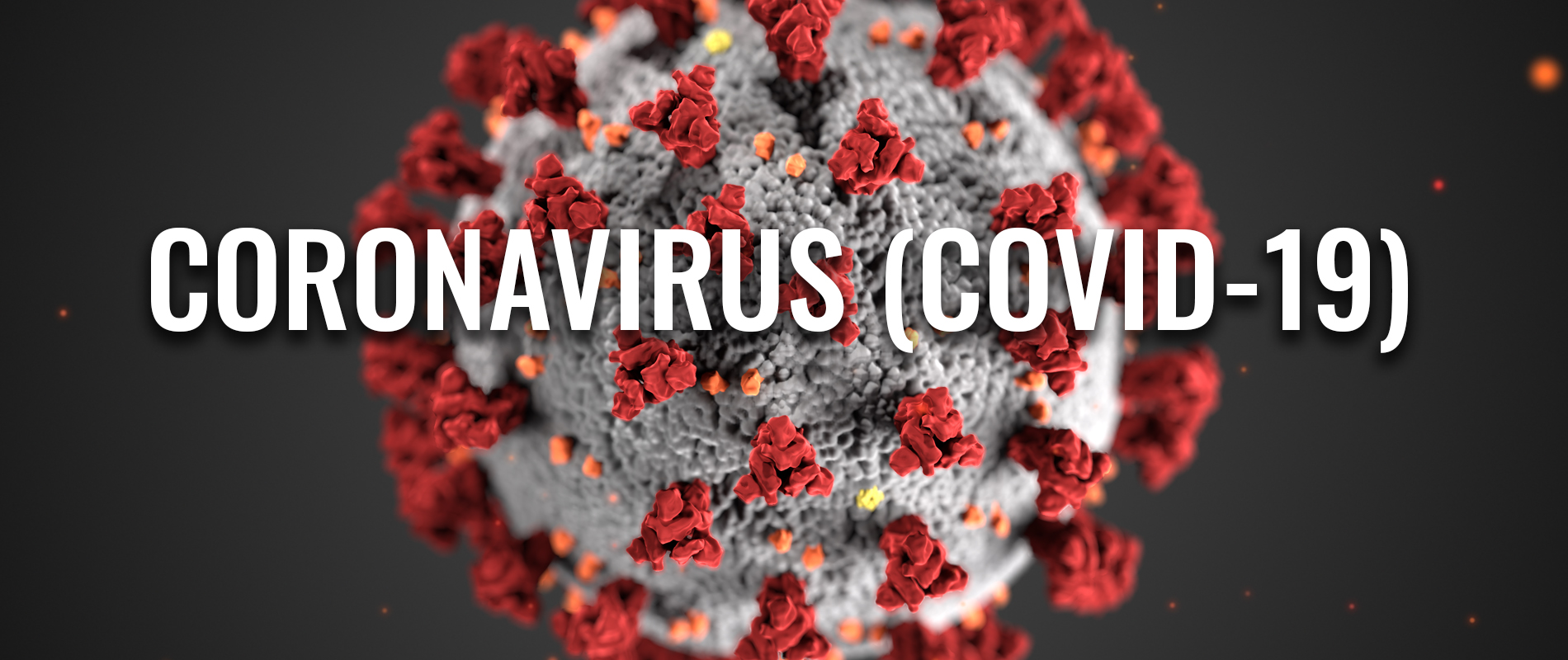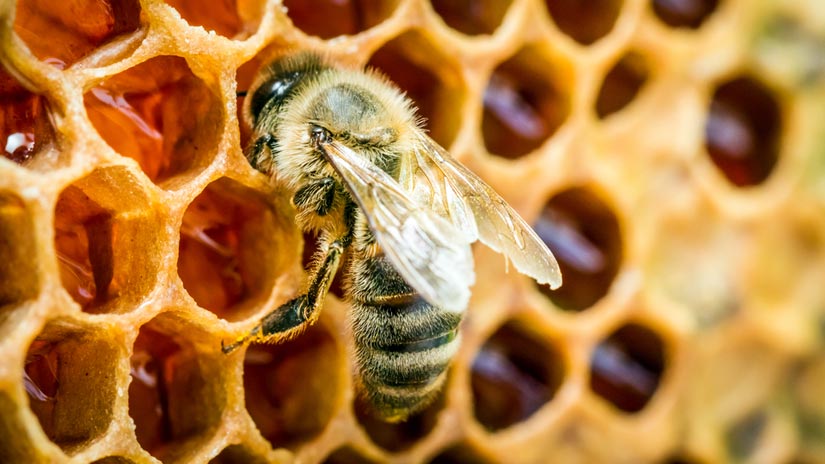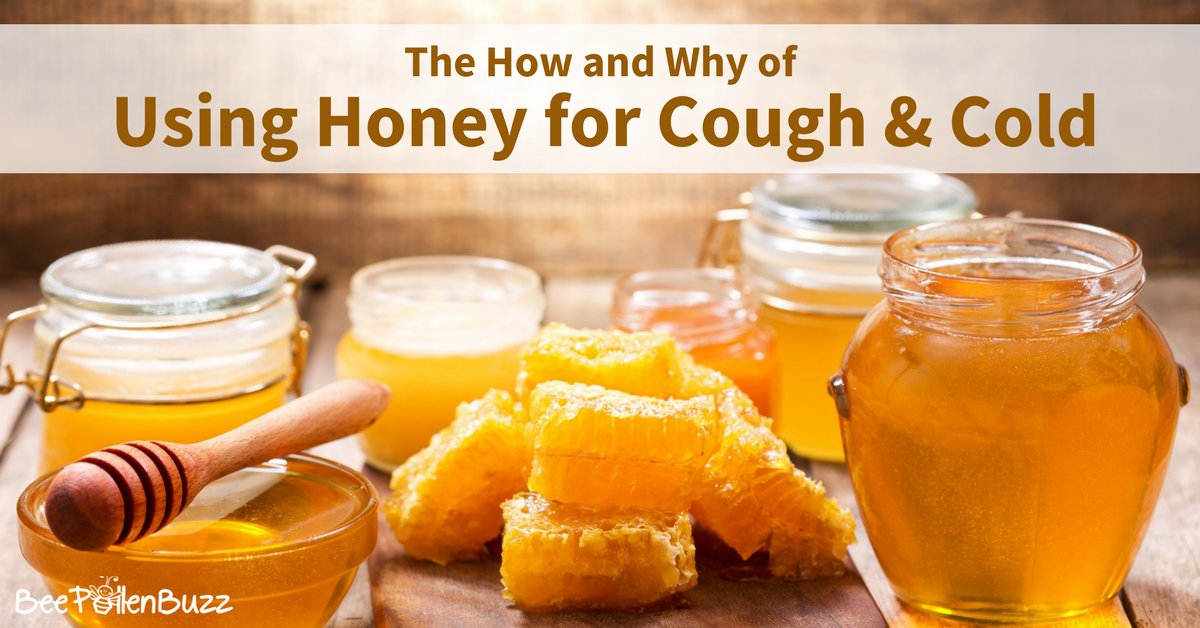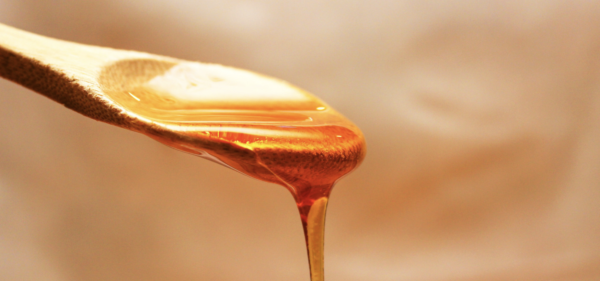
The sweet stuff can help with burns, coughs, anxiety and more
Honey’s benefits have been touted since antiquity — and it turns out the ancient Greeks and Romans were onto something: Honey really can hit the sweet spot when it comes to our health.
Though honey — a sweet, sticky liquid made by honeybees from flower nectar — is technically a sugar, “it’s also really rich in a lot of different bioactive substances,” says Mayo Clinic registered dietitian (and hobbyist beekeeper) Joy Heimgartner. Those include a range of good-for-you minerals, probiotics, enzymes, antioxidants and other phytochemicals. There are four common types of honey: Raw honey is defined by the National Honey Board as “honey as it exists in the beehive or as obtained by extraction, settling or straining without adding heat.” Manuka honey, produced from the flowers of manuka trees, is known for its unique antibacterial properties, attributed to a compound called methylglyoxal, says Jordan Hill, lead registered dietitian for Top Nutrition Coaching.
Organic honey is produced without the use of synthetic chemicals, pesticides or GMOs. And locally produced honey has been reported to provide relief from seasonal allergies to local pollen, though scientific evidence to support that claim is limited, says Hill. According to Hill, honey can be substituted for sugar in recipes, but remember: It has a distinctive flavor (which varies depending on the source flowers); it’s sweeter than sugar (the general rule of thumb is to use ¾ to 1 cup of honey for every 1 cup of sugar); it’s a liquid, so you may need to cut back on other liquids or slightly increase the dry ingredients in a recipe; and it browns more quickly than sugar (so reduce the oven temperature by 25°F).
But whatever way you use honey — in a recipe or as a condiment — always keep in mind that it is a sweetener. “Honey is a supersaturated sugar solution, and we should limit added sugars of all types,” says Heimgartner. Still, “if you’re looking for a sweetener that has more to offer, honey is fantastic.” Honey’s benefits Here are six reasons why. Continue reading 6 Health Benefits of Honey
